Summary
- Anime shares Japanese culture globally through its narratives and iconic characters like Totoro and Spirited Away.
- Anime’s influence extends to global events, conventions, and cultural festivals, celebrating Japanese customs and traditions.
- Anime has expanded from niche to a major force in Western entertainment, influencing storytelling and promoting Japanese culture worldwide.
Anime translates to pretty much any speaking language, and, thanks to insane art styles and a series of amazing stories, anime has become a rather unique way for people all over the world to experience Japanese culture. Anime samples what is rich and unique in Japanese culture and landscape through its narratives to bring Japanese culture, landscape, and values to viewers. Yes, we are introduced to traditional customs and aesthetics from iconic series such as Spirited Away and My Neighbor Totoro, and it’s so incredibly interesting that we become obsessed with visiting Japan.
What makes up anime is actually not just the stories themselves, but everything connected to Japanese culture is represented in the stories: food, festivals, historical sites, and urban landscapes. This has intrigued many fans who have been dreaming of going to Japan to experience the places and the soul behind those traditions we see on the screen. Twenty years ago, anime was just an unknown phenomenon to most people, and the few that liked it were because of its unique art and stories; now it’s become a cultural bridge that Japan is using to connect with the rest of the world.
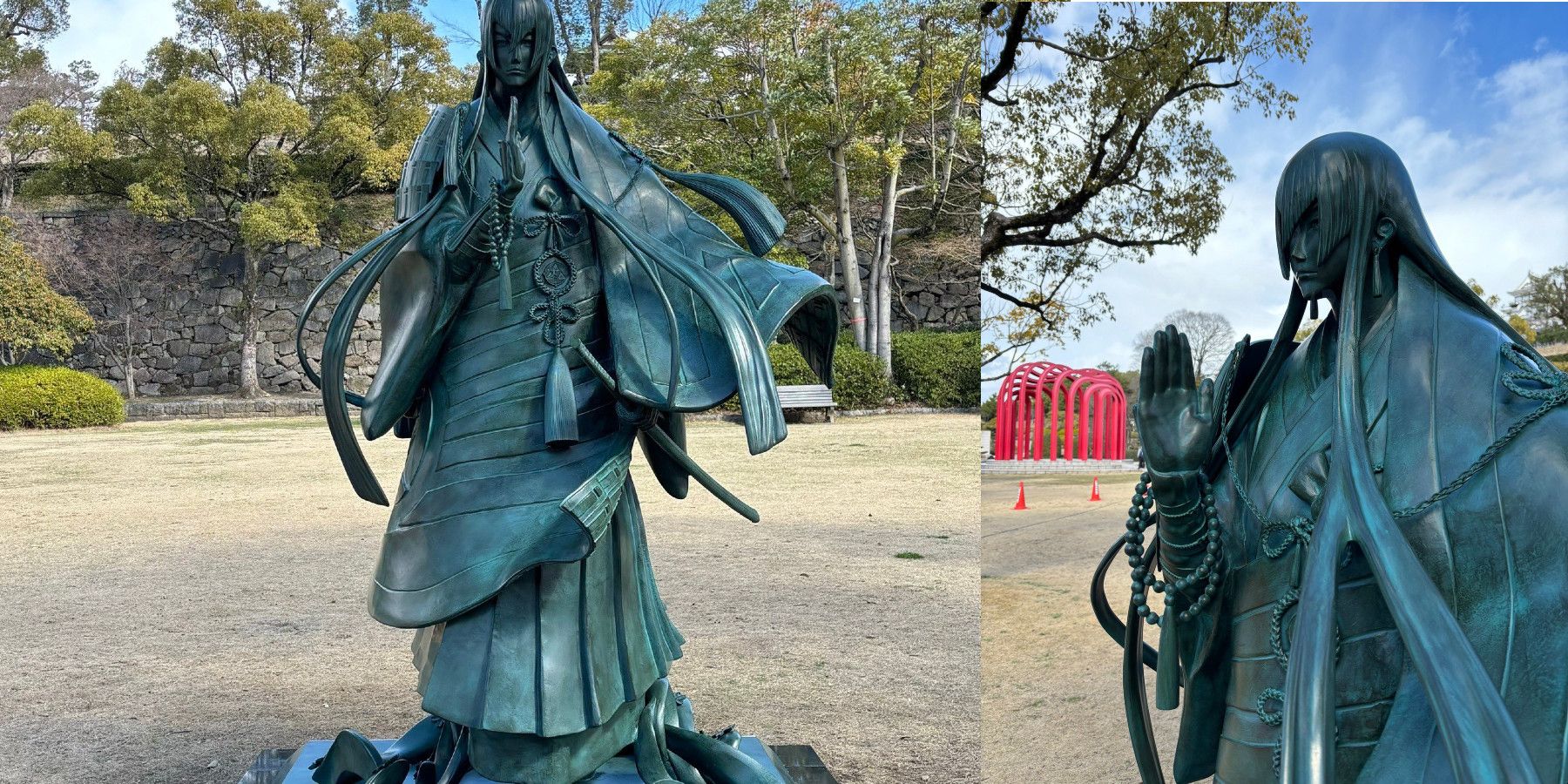
Touken Ranbu Statue Unveiled at Real Japanese Castle
Touken Ranbu brings Japanese history to life in a creative way, and now the franchise has a permanent connection to its source material.
Anime Hitting Its Mark
Marking Its impact On Global Events and Festivals.
Anime has expanded past entertainment and gained influence on events and other festivals globally. But anime culture is celebrated at conventions like Anime Expo in the United States and Japan Expo in France, with fan bases of many different backgrounds. It’s usually panels featuring creators, cosplay competitions, and often merchandise showcases—crossing over Japanese traditions to global audiences.
Anime-inspired elements have also been embraced in cultural festivals; this includes traditional tea ceremonies, Ikebana (flower arranging), and Kimono displays. Drawing from modern anime themes along with classic Japanese customs, these were events that offered immersive experiences looking at both the old and the new. The popularity of anime-driven activities in general points to anime’s role in spreading Japanese culture all over the globe.
Anime As A Major Influence
The Influence Of Anime On Western Entertainment.
Anime was once a Western niche; now it’s a leading global entertainment force. Series like One Piece, Naruto, Attack on Titan, and Demon Slayer have amassed massive fanbases and are popular in the West, influencing the lore of and animation throughout western storytelling. Anime’s intricate characters and complex plots have inspired Hollywood adaptations and original works, pushing Japanese culture further into the fabric of Western media.
Furthermore, anime has reshaped the perceptions of Japanese culture in the West. For now, fans are relentlessly searching for Japanese cuisine, language courses, and cultural experiences solely due to their favorite shows. The notion of anime not merely as entertainment but as a way to learn about and simply appreciate Japanese tradition and consumption in everyday life has, in fact, happened.
What are you so hesitant about? It’s your dream, isn’t it? It’s right in front of you, and you’re wavering? You gotta be reckless and take whatever you can!” – Tomoya Okazaki, Clannad
Pokémon cafés or Gundam-themed restaurants are one of the many ways they offer a unique combination of authentic Japanese cuisine along with anime-styled decor, letting fans taste Japan’s culture. The establishments serve to make enthusiasts immersed in the anime universe, seeing what the culture behind these creations is about. Even anime influences cosplay events and hobbyist gatherings in the local area; people recreate famous characters and scenes. In addition to unifying fans, these activities attract the attention of fans to Japan’s artistry and craftsmanship. These themed experiences have been such a success and demonstrate a large example of anime bringing together cultures on a worldwide basis.
The Japanese Dream
Every Anime Fan Wishes To Visit Japan Once
The dream for most fans of visiting Japan mostly definitely comes through an anime series. The classical locations that the shows were set in, such as Ikebukuro’s streets shown in Durarara!! or the nice landscapes of Hakone in Evangelion, drive millions of tourists who want to experience such a setting in real life. These landscapes allow fans to touch a part of reality with a link to the imaginary worlds that they love.
Travelers are also attracted to events like the Comiket convention in Tokyo or the Studio Ghibli Museum in Mitaka. Such places provide novel insights into the anime industry while reveling in its cultural roots. Anime has turned fictional locations into must-visit landmarks and has become a key motivator for global tourism to Japan. Anime also tackles the universal themes—friendship, perseverance, and love—in ways that everyone can understand, no matter which culture we’re from. This then connects Japan and the world in respect for mutual understanding. Anime reaches across cultures through its heart-filled stories and encourages fans to explore and learn more about the traditions that inspired the stories.
They take it a bit further, and the fans even learn the Japanese language, history, and other cultural aspects to understand their favorite series better. Anime keeps Japan in the hearts and minds of many through its ability to encourage curiosity and conversation, making it a cultural ambassador as well. Anime has changed its role from becoming an inspiring global event to enabling tourism. It’s no longer just entertainment but a bridge connecting cultures that introduce Japanese traditions in front of millions. Anime, through its characters, settings, and stories, has become a substantial driving force in promoting Japanese culture and lifestyles while also encouraging its fans to indulge in a wonderful heritage.
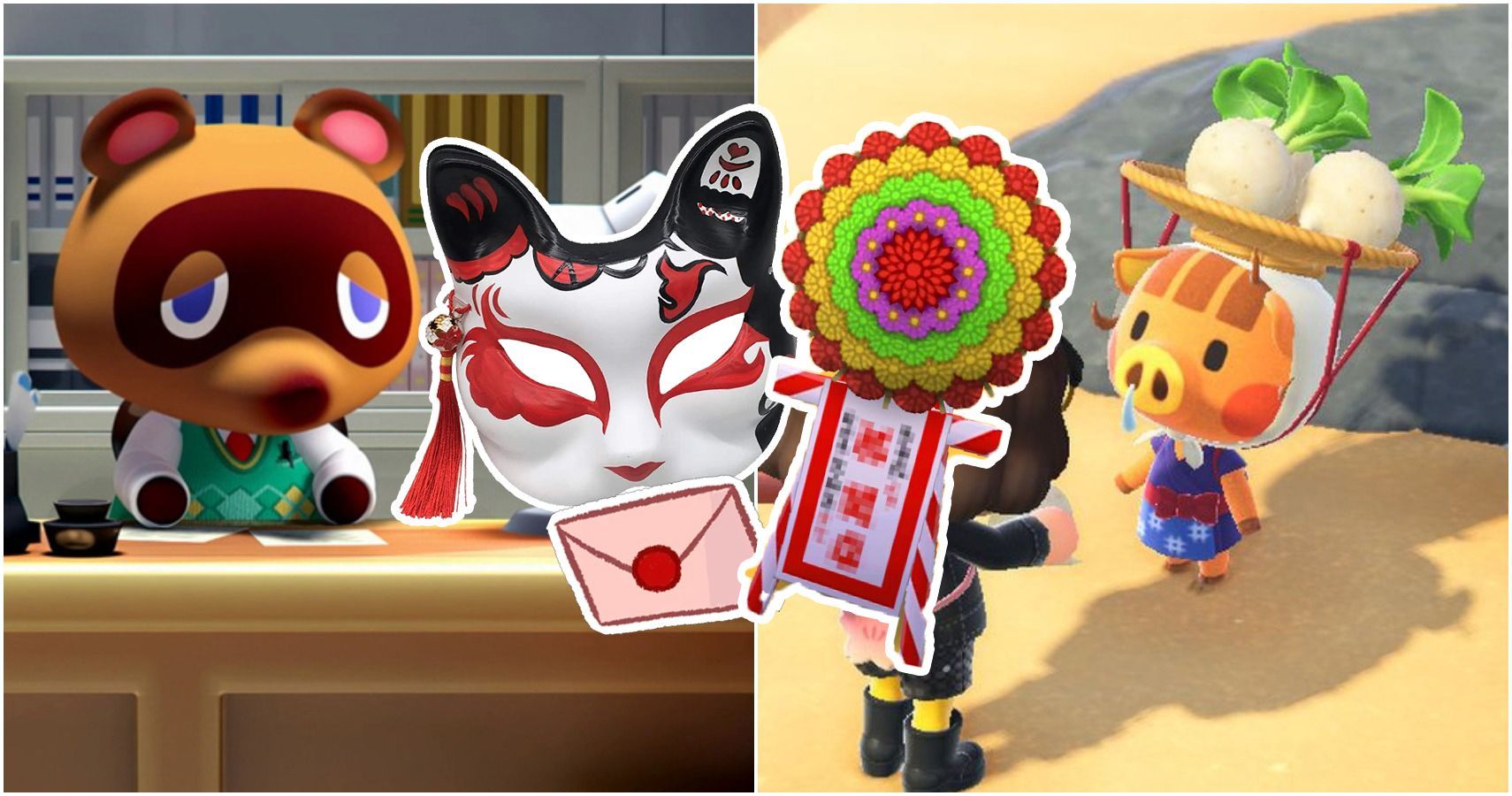
Animal Crossing: 10 References To Japanese Culture You Never Noticed
Since the series has its roots in Japan, it makes sense that Animal Crossing would make many references to Japanese culture. But did you notice them?
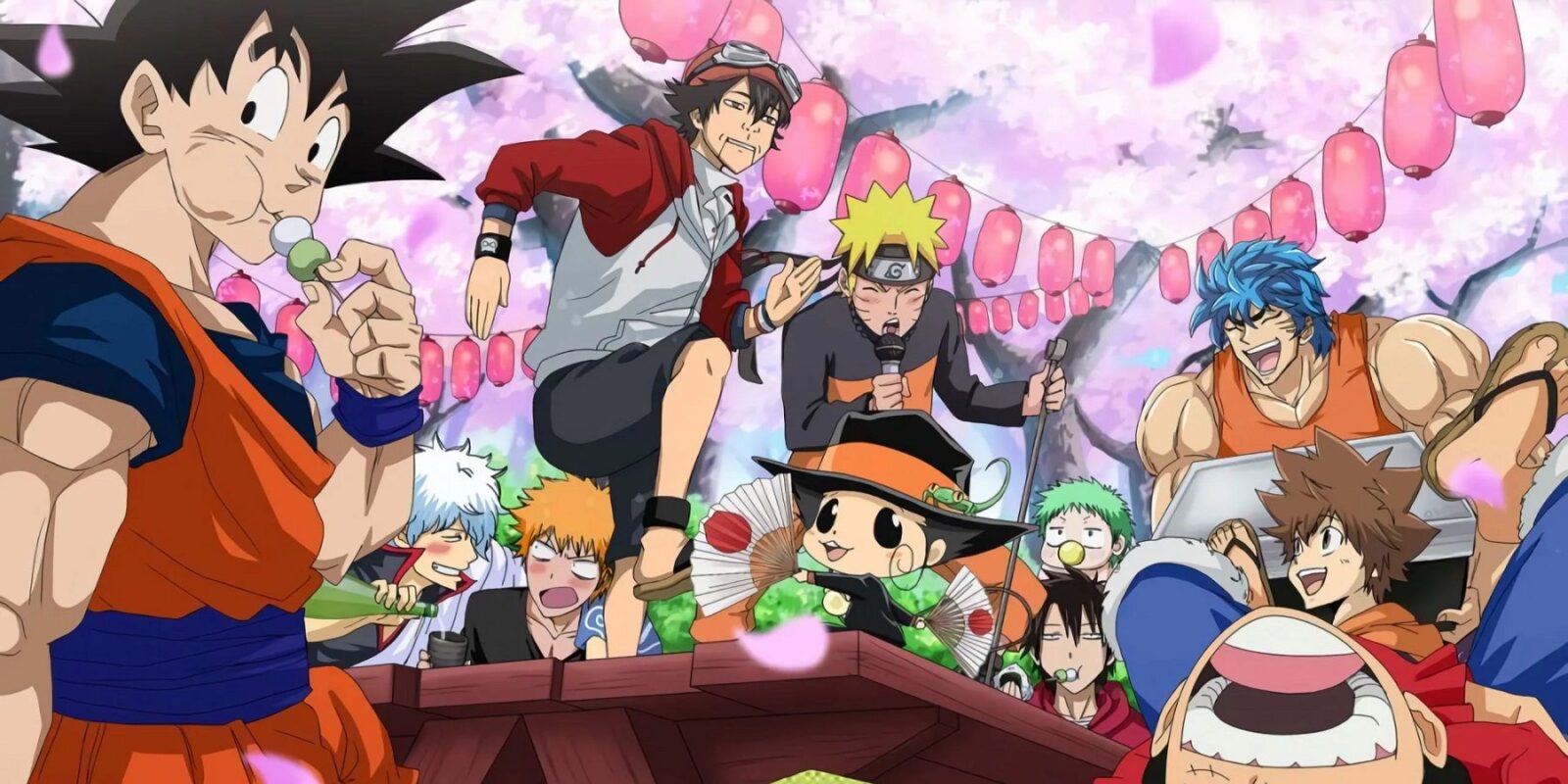

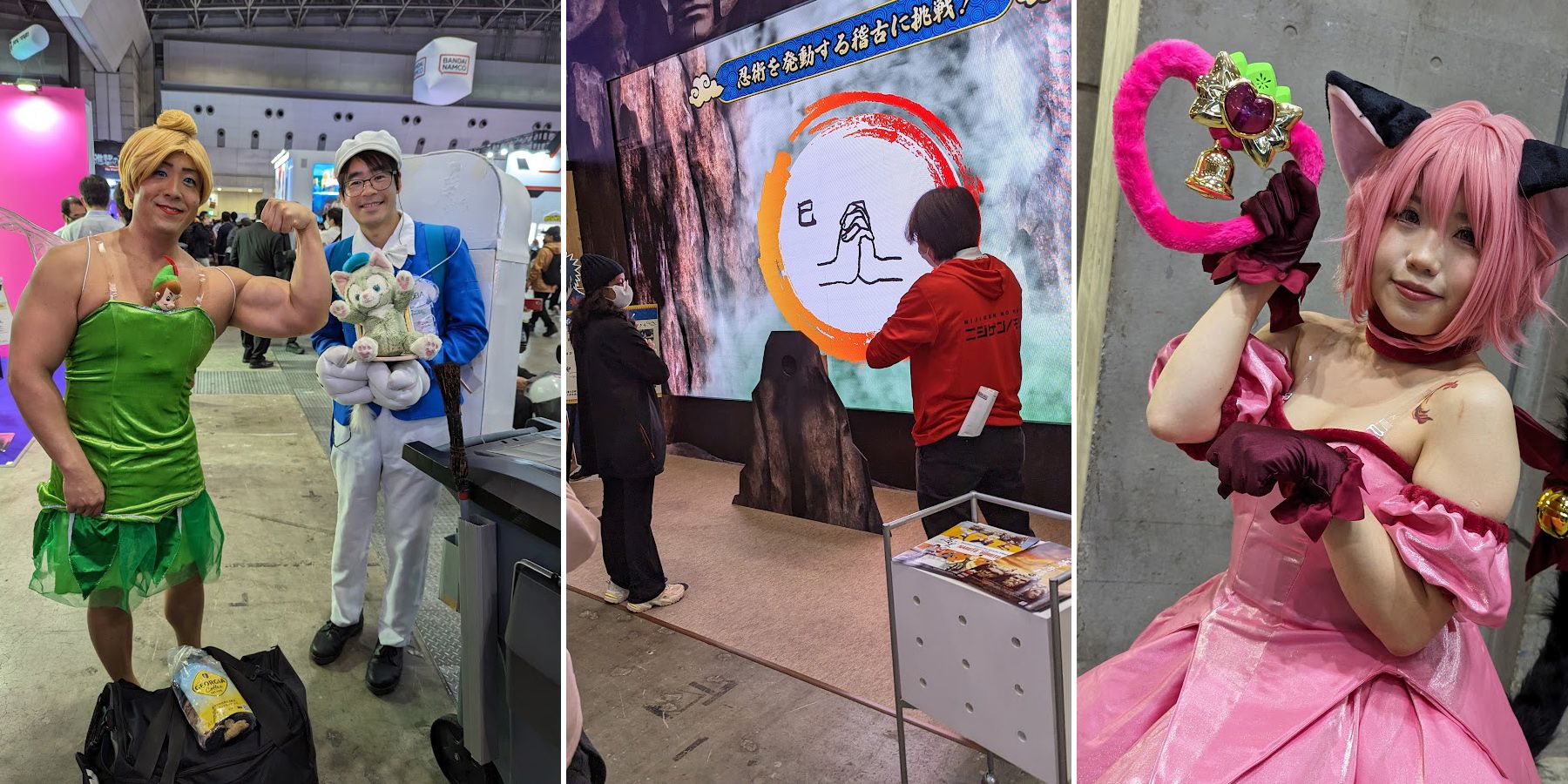








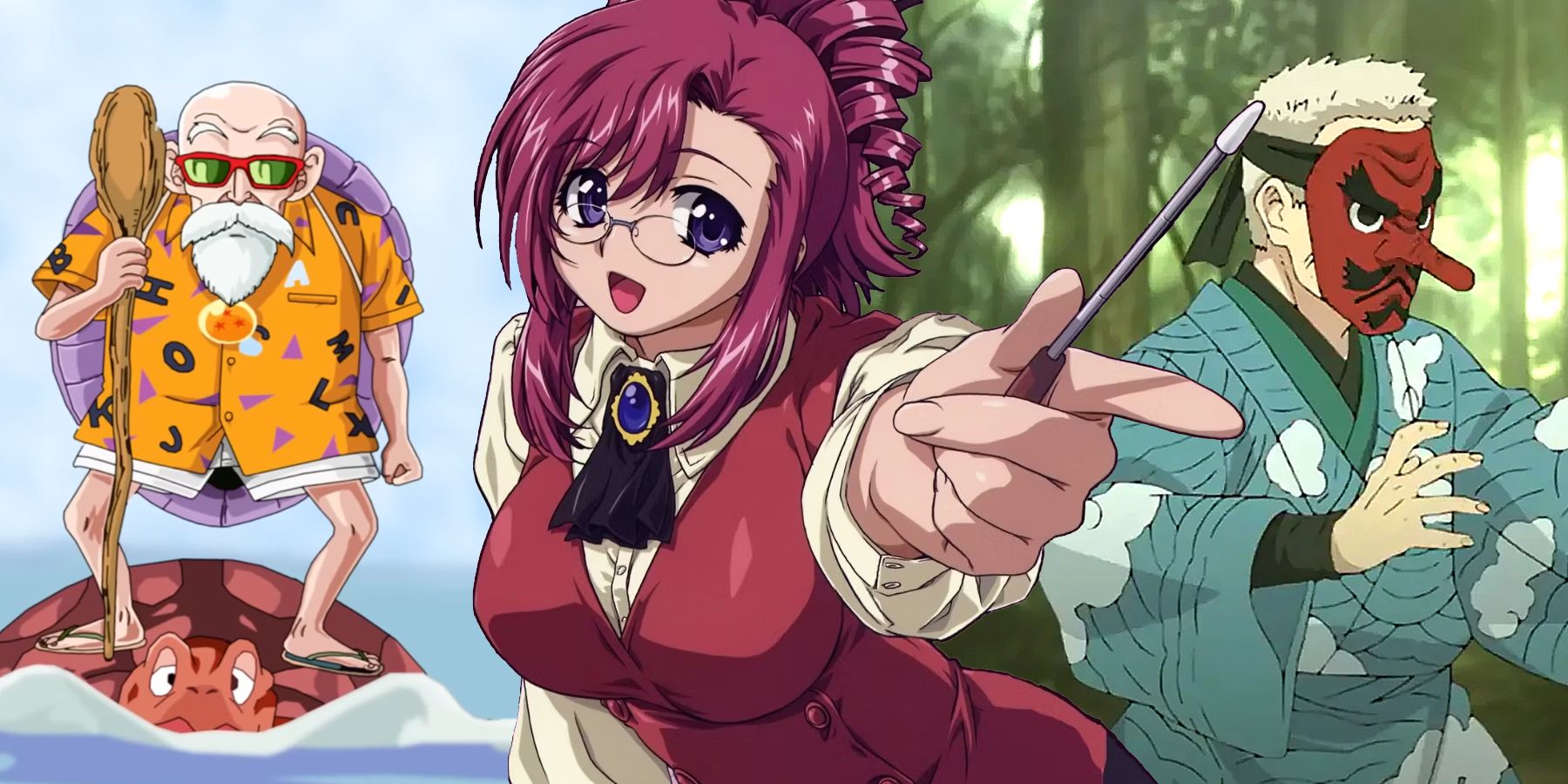


Leave a Reply